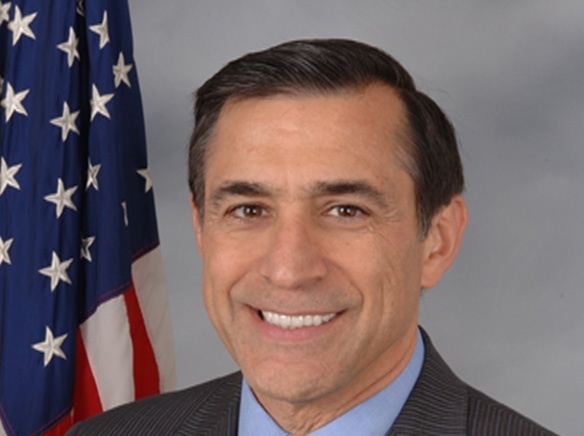Children of all ages are heading back to school, and many of them, along with their families are concerned about the safety of in-person classes, especially with young children ineligible for the vaccines, and the COVID-19 pandemic still surging with the Delta variant taking dominate hold across the nation.
Family Medicine Dr. Hans Crumpler, with Sharp Community Medical Group and SharpCare, said COVID as affected every aspect of our society, from the young to the old.
“It has gotten to the point where people’s lives have been affected,” he said. “Families have been struck by tragedy and children are seeing this daily, and it gives them a sense of insecurity and doubt. Our biggest responsibility we have is to give them that reassurance that their health is our upmost concern, but we have tools available as scientist and healthcare providers to stop this.”
Crumpler said that we have the pandemic within our grasp and hopefully we can stamp it out to where we are not having to deal with the severe restrictions that are changing our way of life. A huge advocate of getting all eligible members of a household vaccinated, Crumpler said that nearly half of the U.S. population is vaccinated that qualify for the vaccine and getting that closer to 100% as soon as possible is a “huge inroad to stopping the virus.” He said he looks forward to having the vaccine accessible for children, just as with all other childhood diseases. He said with children, giving them the “brass tack” facts, can give them a sense of reassurance and security.
“If they follow the precautions of just the simple things that we have taught them, like washing hands, keeping their hands to themselves, covering their mouth and nose when they cough or sneeze, wearing masks when appropriate, that those measures are keeping them safe,” he said.
He said as parents and caregivers, people to not question the fact that without event thinking about it, they give children the command to “buckle up their seatbelts” when getting into a car.
“It is because we know, scientifically speaking, that seatbelts save lives,” he said. “For the decades that they have been present as part of a vehicle, now we have them as standard equipment. Some cars will not even start if your seatbelts are not buckled. We put so much importance on that, yet the same tools we have such as vaccinations and masking that can make a difference for this virus, are not taken as literal as they could.”
He said by instilling these simple measures in children, it has also been a huge inroad to the number of flu cases and other infectious diseases.
“It goes beyond COVID prevention, it is just common sense for so many other infections,” he said. “So, telling the children that this is normal by protecting yourself from the bugs that you cannot see. Washing hands does not just stop things like COVID, it stops skin infections, and bacteria and viruses that cause other complications. But letting them know that they are making a difference, securing their future and their health by these simple little habits that we can teach them. What that does is it gives them a sense of control. And children, when they feel like they have control over something, that is very empowering. That is one way to give them that understanding that moms and dads, caregivers are telling us to do these things because that means we can make a difference for ourselves and our families.”
A Sharp Healthcare clinical child psychologist Dr. Kelsey Bradshaw said many children will be eager to connect with friends, while other may be apprehensive, depending on the affect of the virus has had on them personally. He said, “reentry anxiety” is a risk to children that are prone to worry, but that it is important to recognize that most children will be resilient and adapt to the changes in the “new normal,” adding that it is important to tell children that “we are all in the same boat.”
Crumpler said unfortunately, we are subject to misinformation from peers our entire lives, like kids on a playground telling other kids if they eat a pumpkin seed, that they will grow a pumpkin in their stomach.
“Pure and simple, when you are caught in that scenario, they question what the truth is,” he said.
Sharp Healthcare recommends the following ways to support your child.














